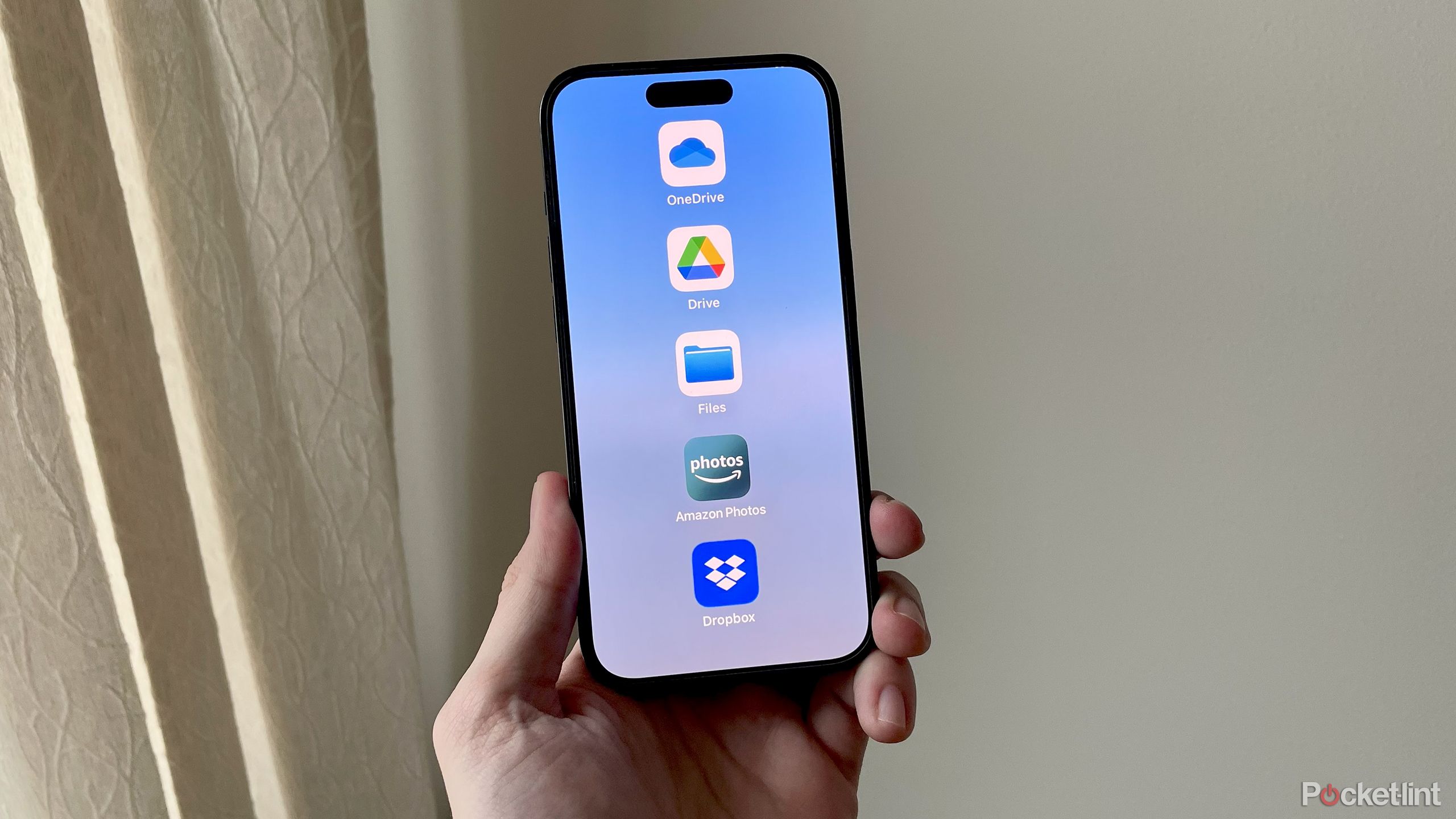In the digital era, mobile phones have become an essential part of life. They are a basic necessity, helping us navigate various aspects of our daily routines.
However, a new study has found that using a mobile phone for just half an hour a day can increase the risk of cardiovascular disease. Specifically, using a phone for 5–29 minutes daily was associated with a 3 percent increased risk, while using it for more than six hours increased the risk by 21 percent.
The study revealed that regular mobile phone use was positively associated with an increased risk of cardiovascular diseases, particularly in current smokers and individuals with diabetes. This association was partly attributed to factors such as poor sleep, psychological distress, and neuroticism.
The findings were published in the Canadian Journal of Cardiology by Elsevier. Lead author Yanjun Zhang said in a statement, “Mobile phone use is a ubiquitous exposure in modern society, so exploring its impact on health has significant public health value. Radio-frequency electromagnetic fields (RF-EMF) emitted by mobile phones cause dysregulation of the hypothalamic-pituitary-adrenal axis, inflammatory responses, and oxidative stress, and are therefore expected to affect various organs such as the heart and blood vessels.”
Also read : How contact lenses extend an open invitation to trouble — even blindness
The study
The study involved 444,027 participants from the UK Biobank who had no prior history of cardiovascular diseases. Between 2006 and 2010, they self-reported their mobile phone usage.
Regular use was defined as making at least one call per week. By linking hospital and mortality records, researchers tracked the occurrence of stroke, coronary heart disease, atrial fibrillation, and heart failure over a median follow-up period of 12.3 years.
The study also explored how sleep patterns, psychological distress, and neuroticism played a role in cardiovascular health.
The researchers aimed to assess the prospective link between regular mobile phone use and the development of cardiovascular diseases, while also examining whether sleep and mental health factors had a mediating effect.
The results showed that regular mobile phone users had a significantly higher risk of cardiovascular diseases compared to non-regular users.”We found that sleep patterns, psychological distress, and neuroticism may be underlying mechanisms linking mobile phone use to cardiovascular diseases. Poor sleep and mental health may contribute to cardiovascular disease through disruptions in circadian rhythms, endocrine and metabolic imbalances, and increased inflammation,” explained co-investigator Xianhui Qin in a statement.
Additionally, he added prolonged exposure to radio-frequency electromagnetic fields (RF-EMF) from mobile phones may cause oxidative stress and trigger inflammatory responses. “This exposure, combined with factors like smoking and diabetes, could further heighten the risk of cardiovascular diseases,” Xianhui Qin said.
Also read : What is Mpox clade 2 virus, confirmed in a patient in India?
In an accompanying editorial, co-author Nicholas Grubic emphasised, “Although this study suggests that mobile phone use may moderately raise the risk of cardiovascular diseases, more definitive evidence with accurate measurements of mobile phone usage is required before this becomes a significant concern for the general public. Adopting mindful mobile phone habits should be part of a broader strategy to maintain cardiovascular health. Before spending hours in mindless ‘doom-scrolling’ on your smartphone, consider using that time for a more heart-healthy activity.”
The associations
Compared to individuals who made or received calls for 5 minutes or less per week, those who used their phones for 5–29 minutes had a 3% increased risk of cardiovascular diseases (CVDs). Those who used their phones for 30–59 minutes saw a 7% increased risk, 1–3 hours had a 13% increase, 4–6 hours had a 15% increase, and more than 6 hours raised the risk by 21%.
Hyderabad based neurologist Dr. Sudhir Kumar explained, “People who use their phones for shorter durations had a lower risk of conditions like heart attacks, heart failure, atrial fibrillation, and strokes. As the duration of mobile phone use increased, the risk also increased, partly due to psychological distress and sleep disturbances caused by prolonged use. Smokers and people with diabetes faced even greater risks.”
He added the cardiovascular diseases considered in the study included stroke, coronary artery disease, atrial fibrillation, and heart failure. The risk was particularly higher for people with diabetes and current smokers. Prolonged phone usage was also partly linked to psychological distress and poor sleep, which contributed to the increased risk of CVDs.
Also read : Bone marrow registry: Kerala sets new standard in blood cancer treatment
He also emphasised that it’s important to understand that this study shows only an association, not a definitive cause-and-effect relationship. More research is needed to confirm these findings. In the meantime, it’s advisable to limit excessive mobile phone use, especially for making and receiving calls. “Smokers should quit smoking, diabetics should manage their blood sugar levels, and everyone should ensure they get adequate sleep. Avoid using your phone if it interferes with sleep or increases stress,” he said.
(Edited by Ananya Rao)


